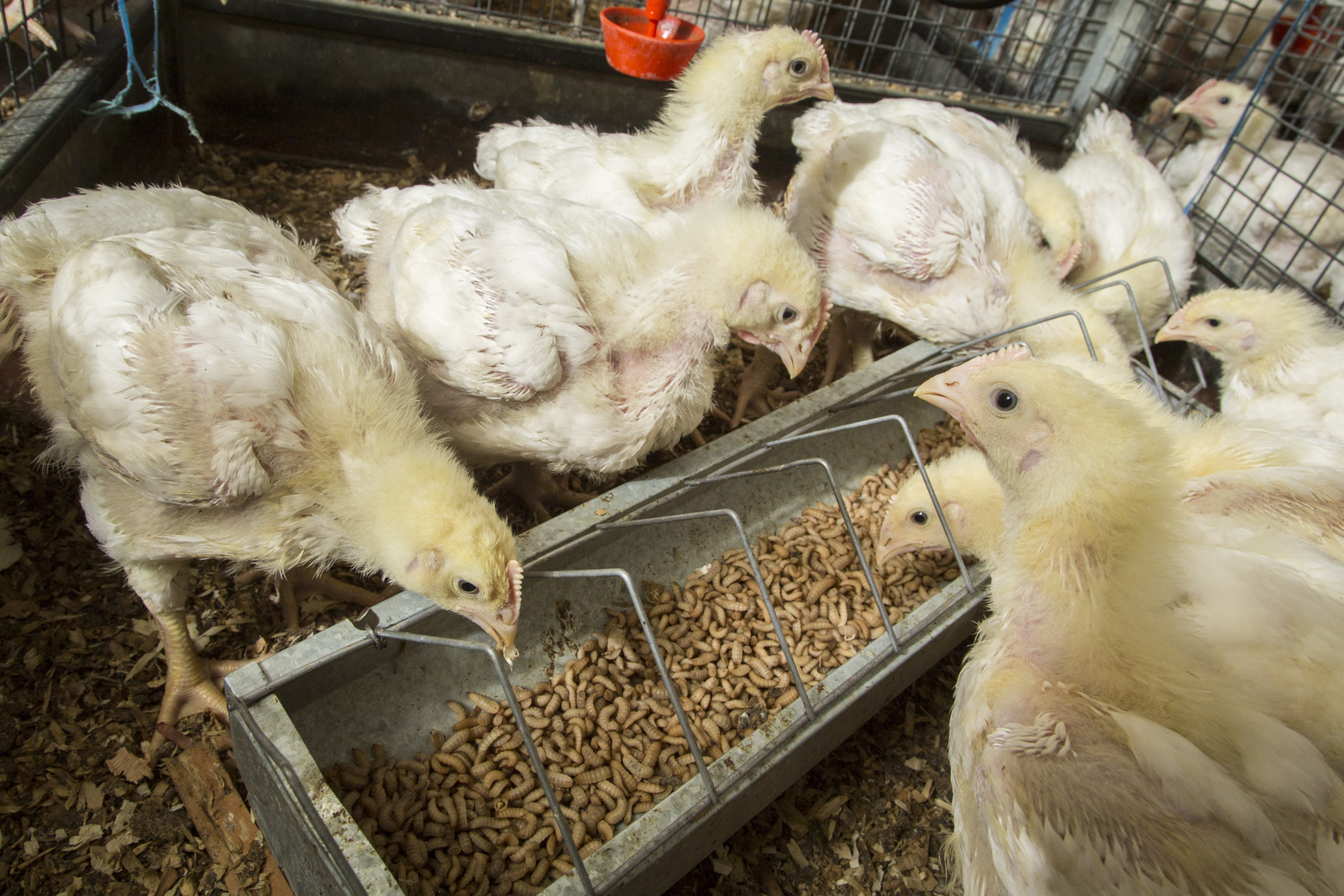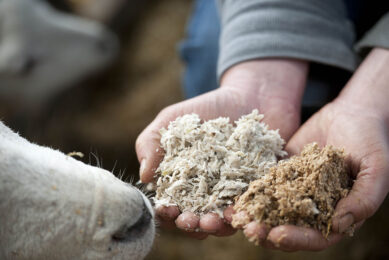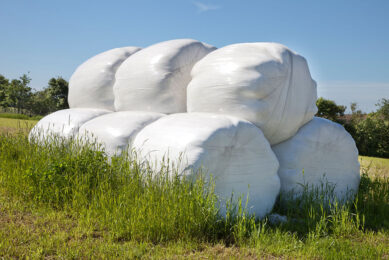New whitepaper on insect protein for feed

The EC-funded PROteINSECT project has published a Whitepaper setting out recommendations for future use of insect protein in Europe.
Since 2013, experts from Europe, China and Africa have been investigating the use of two species of fly larvae in the diets of chicken, pigs and fish, carrying out feeding trials and analysing quality and safety of rearing farmed flies on organic waste substrates such as manure.
Their research findings are summarised in the Whitepaper, along with recommended next steps to help European policy makers, legislators, industry and consumers grasp ‘the insect opportunity’.
The document, titled Insect Protein – Feed for the Future: Addressing the need for feeds of the future today
, encompasses safety, nutritional value, environmental impact, commercialisation and consumer acceptance of insect protein in animal feed. It endorses two key actions:
• A review of Regulation EC 999/2001 and Regulation EC 1069/2009, which prohibit a) the use of insects as a source of protein for animal feed for animals raised for human consumption; and b) the rearing of insects on manure or catering waste, respectively
• A commitment to undertake the necessary research to ensure that the required evidence is available for the European Food Safety Authority (EFSA) to carry out a full risk profile for insects reared on organic wastes (building on EFSA’s ‘Risk profile related to production and consumption of insects as food and feed’ published in October 2015).
Dr Elaine Fitches, PROteINSECT project co-ordinator, says, “We are delighted to share our White Paper as a key stepping stone towards furthering our understanding of the potential for the use of insects in animal feed in Europe.”
“The protein gap in Europe is a very real risk to social, economic and environmental progress,” says Dr Fitches. “As we seek sustainable European long term solutions we must consider the benefits that the introduction of insects – specifically fly larvae – could have on the content of animal feed. PROteINSECT believes these highly effective protein converters offer great potential for Europe to become global contributors to the provision of alternative and additional innovative protein sources.”
Join 26,000+ subscribers
Subscribe to our newsletter to stay updated about all the need-to-know content in the feed sector, three times a week. Beheer
Beheer









 WP Admin
WP Admin  Bewerk bericht
Bewerk bericht